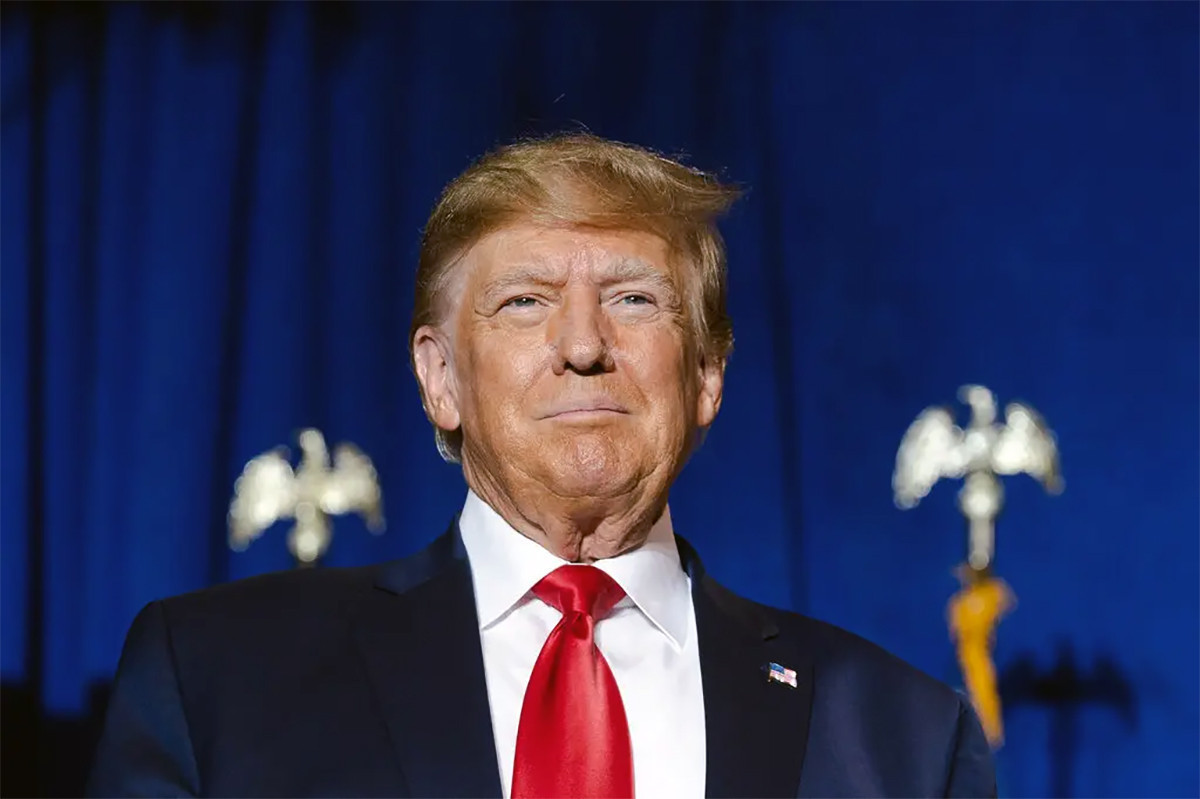
Trump’s potential return: Impact on Southeast Asia and Vietnam
While regions like Europe, the Americas, and China may feel the effects of a second Trump administration more acutely, Southeast Asia is likely to experience a subtler impact. Trump's current campaign suggests the region is not a primary diplomatic focus, which could allow Congress, the State Department, and the Indo-Pacific Command to shape a more pragmatic and calculated strategy in Southeast Asia.
However, Southeast Asia’s chief concern lies in the potential for heightened US-China tensions. Many nations worry that the “managed competition” policy championed by the Biden administration, which took a restrained approach welcomed by Southeast Asia, might give way to escalated US-China rivalry under Trump.
A more hardline stance on China could force Southeast Asian countries into difficult decisions. During Trump’s first term, policies encouraging regional allies to counterbalance China led to actions like persuading Southeast Asian nations to exclude Huawei from 5G projects.
As for economic growth - a key priority for Southeast Asia - Trump’s return might offer limited gains. Few would regret the end of the Indo-Pacific Economic Framework (IPEF), which Trump has vowed to scrap. Although IPEF maintained trade dialogues with the U.S., it lacked provisions for expanded market access for Southeast Asian exports. Even its modest goal of a US-Southeast Asia digital trade agreement faltered in 2023.
Economic stakes remain high as China continues to serve as ASEAN’s largest trading partner and a significant infrastructure investor. Should these nations face pressure to align with one side, the economic ramifications would be considerable.
Impact on Vietnam
Under President Biden, US-Vietnam relations reached new heights with the elevation to a Comprehensive Strategic Partnership in September 2023. This milestone, regarded as a key diplomatic success, set the stage for enhanced economic and security cooperation that could potentially endure through future administrations.
However, a second Trump term might prioritize reducing the U.S. trade deficit with Vietnam over expanding strategic ties, potentially affecting collaborative programs. In his first term, Trump fostered economic and security ties with Vietnam, recognizing its strategic role amid escalating US-China tensions. Yet, his administration also raised concerns over the trade imbalance with Vietnam, notably designating the country as a currency manipulator in December 2020, though the label was lifted shortly after Biden assumed office.
If Trump returns, a renewed emphasis on trade tariffs could overshadow strategic partnerships with Vietnam. Vietnam’s significant trade surplus with the US, especially as a major manufacturing base for American firms, may provoke higher tariffs on Vietnamese goods, with a focus on shifting production back to the US.
This approach might restrict security and technology cooperation initiatives promoted under Biden’s administration through the IPEF. To ease potential strain, a Trump administration might explore targeted bilateral trade agreements, such as tariff reductions on Vietnamese seafood and agricultural products, though these would require careful negotiation.
Vietnam benefits from bipartisan support in the US, largely due to its strategic Asia-Pacific position. During prior meetings, Trump acknowledged Vietnam’s importance, highlighting its role in fostering regional stability.
Moreover, Vietnam’s policy of multilateralism and diversification could enable it to navigate shifting global dynamics effectively, ensuring resilience in the face of international uncertainties.
Pham Vu Thieu Quang